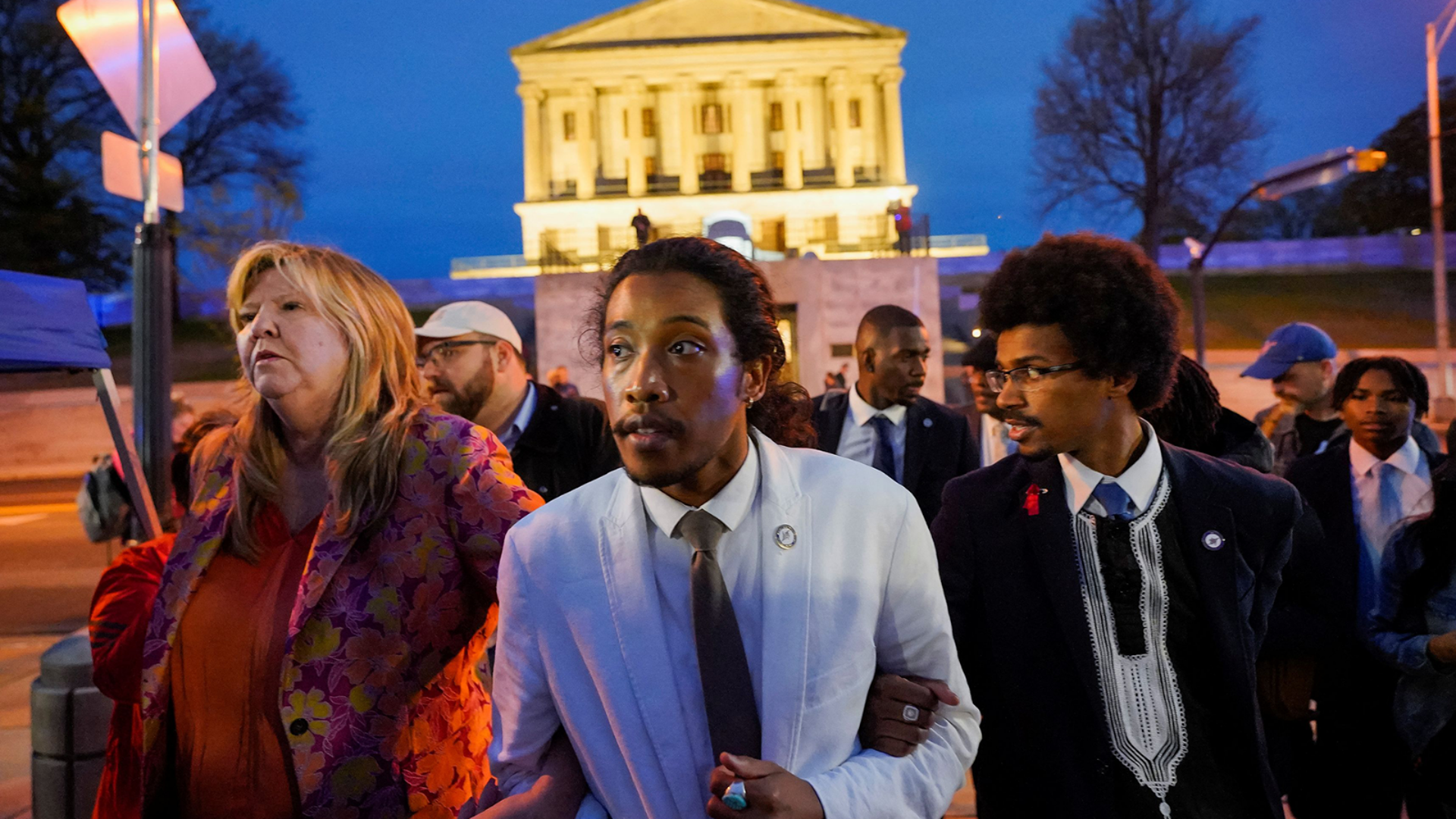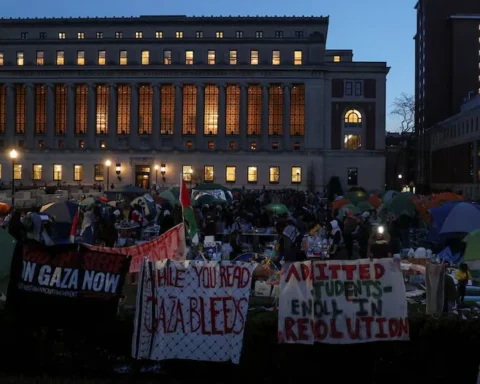By Wayne Washington
The outcry over the expulsions of a pair of Black Tennessee state lawmakers underscores a problem that often gets little notice – the already massive under-representation of Black Americans in the halls of state government.
The majority of Black Americans – some 56 percent, according to figures from the Pew Research Center – live in the South. Most Black Americans have ancestral ties to the region, and despite its blood-soaked history of racism and racial violence, it’s where many Black folks have chosen to remain.
But it’s also where Black Americans have far less political clout than they should given their numbers in the region’s population.
Black people are not represented in states we live In:
Black Americans are under-represented in every one of the 13 states that made up the Confederacy. And in many states with the highest percentages of Black residents, the gap between those percentages and the percentage of Blacks in the state Legislature is the largest.
Let’s look at a few examples, using 2022 U.S. Census Bureau population figures and a compilation of Black representation in state legislatures put together in 2021 by Governing, a Washington, D.C.-based online publication that covers state and local government.
Black Americans accounted for 17 percent of Tennessee’s population in 2022. But just under 11 percent of the state’s 132 legislators were Black.
In Georgia – birthplace of the Rev. Martin Luther King, Jr. – 33 percent of the state’s population was Black. Only 22 percent of its state legislators were Black.
It’s almost exactly the same in Louisiana, where Black Americans accounted for 33 percent of the state population by only 22.9 percent of the state legislature.
Mississippi has the largest percentage of Black residents in the region – 38 percent. But only 27.6 percent of the Magnolia State’s legislature was Black.
It’s gotta be better in Virginia and North Carolina, right? Nope and nope.
Both states boast a vaunted system of higher education that has made them economic powerhouses in the region. But both feature the same under-representation of Black Americans as their southern brethren.
Black residents accounted for 20 percent of Virginia’s population but only 11.4 percent of its state legislature. In North Carolina, Black residents were 22.3 percent of the population but only 15.3 percent of the population.
Blacks are under-represented in state government in other parts of the country, but the problem is most pronounced, most pernicious, in the part of the country where most Black people have decided to live.
If you’re asking yourself how much this really matters, the answer is simple: far, far more than you could even imagine.
Here’s Why It is Important to Have Black Representation:
It used to be that U.S. senators were chosen by members of a state’s legislature. That’s not the case any more, but state legislators still have a lot of clout and likely impact day-to-day life more than federal office holders.
It’s state legislators who approve the state budget, which determines which state agencies get how much money. (If you work for one of them, state legislators control your employer’s purse strings.)
Still hoping for that new community center in your town? The feds aren’t paying for that; money for that will likely come from the efforts of your state representative or state senator, who will need to convince his or her colleagues it’s a worthy project.
Oh, and state legislators draw the lines that make up U.S. House districts. If you used to be represented by a U.S. House member you supported, but now you’ve been told you’re not in her district any more, that’s your state Legislature’s handiwork.
Legislatures draw House district maps (as well as their own!), with the party in power often bending over backward to make sure they keep that power.
So, no, expelling those Tennessee lawmakers was no small thing.
If those expulsions were to stick (as of this writing, it doesn’t look like it), they will make a long-festering problem worse.
And even if they don’t, there’s a long way to go before Black population even comes close to matching Black representation.


